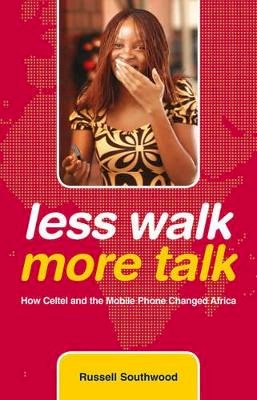
Less Walk More Talk: How Celtel and the Mobile Phone Changed Africa
Russell Southwood
A son wants to talk to his mother in a neighbouring village – it’s a two day walk each way.
A plumber makes house calls all morning only to return to his shop to pick up messages for the afternoon.
A rural farmer wants to know what crop prices are in the market to see when best to sell his crops – he has to take a day out to visit the market only to find out that the prices are too low midweek.
This was Africa before mobile phones arrived: a lot of walking and not much talking. ... Read more
Africa was considered a difficult place to do business and an even harder place to make money. Early mobile phone pioneers were largely home grown and made their money targeting elites. However, in the space of just over five years, Africa went from having almost no phones to a position where over 100 million Africans now have access to a mobile phone. As one of Africa’s largest mobile operators, the story of Celtel’s rise forms a significant part of this phenomenal growth.
This book is the story of how Celtel grew its business with both the successes and failures along the way: everything from launching a mobile network in the middle of a civil war to steering clear of jail and corruption. It is a story that provides a startling insight into how communications is changing Africa’s potential to succeed and how it may well become the emerging market that will most surprise the pundits in the next five years.
Russell Southwood is the editor of Balancing Act’s News Update, a specialist e-letter covering Internet, telecoms and computing in Africa.
Show LessProduct Details
About Russell Southwood
Reviews for Less Walk More Talk: How Celtel and the Mobile Phone Changed Africa
